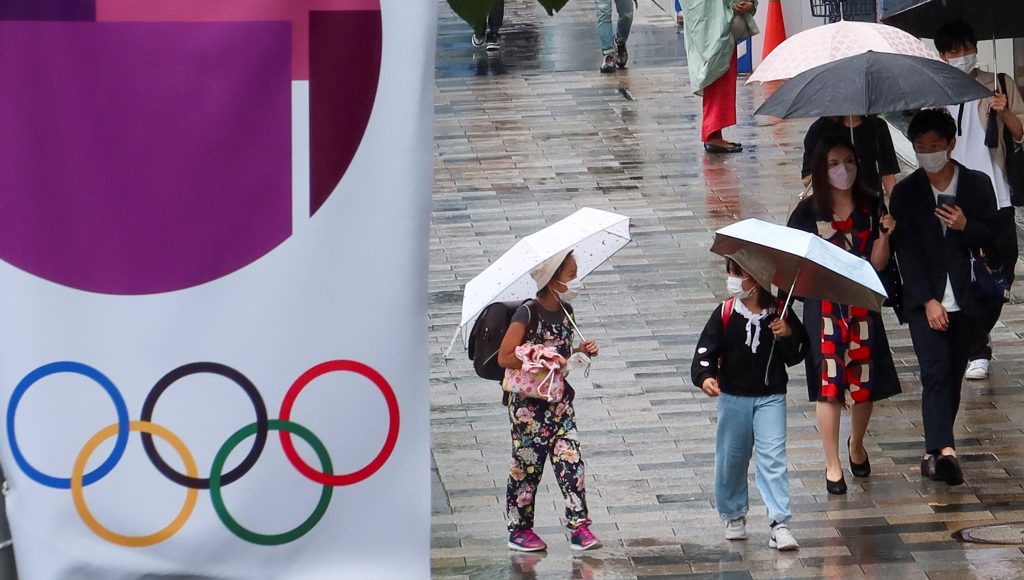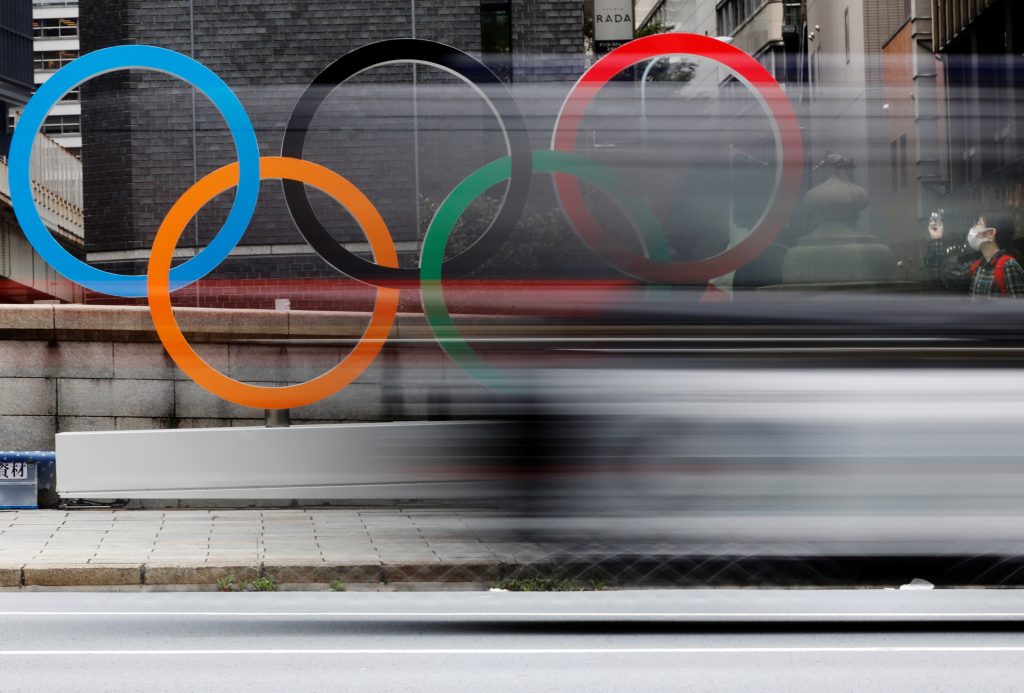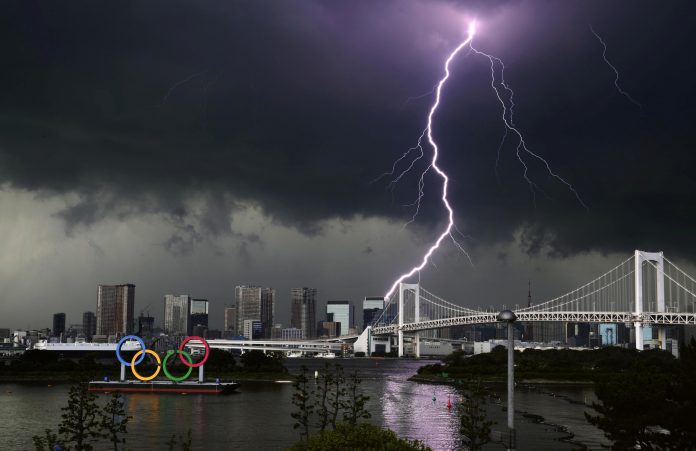The archbishop of Tokyo has issued an appeal to athletes and to visitors during the 2021 Olympic Games in Japan not to visit churches to prevent the spread of the coronavirus disease
Archbishop Tarcisio Isao Kikuchi of Tokyo said that due to the prevailing pandemic, visitors, including athletes, “will be asked to refrain from visiting churches.”
The prelate admitted that the archdiocese has been preparing to take care of the spiritual needs of visitors during the games but “decided to cancel all these plans.”
“There will be no special involvement on our part in the Olympics and Paralympics,” said the archbishop.
“We would have liked each parish to take care of the spiritual needs of those who come to Japan. But in today’s situation, the priority remains not to transmit the disease,” said Archbishop Kikuchi.
Tokyo entered a new state of emergency on Monday, less than two weeks before the Games begin amid worries about whether the measures can stem a rise in COVID-19 cases.
Organizers last week announced that spectators would be banned from nearly all venues.
Spectators from abroad were already banned months ago, and officials are now asking residents to watch the Games on TV to keep the movement of people, which could spread contagion, to a minimum.
Opinion polls have consistently shown the Japanese public is concerned about going ahead with the Games during the pandemic.
Prime Mininster Yoshihide Suga’s handling of the pandemic – including an initially slow vaccination rollout – has eroded his support.
The issue is especially sensitive ahead of a national election and a ruling party leadership race due later this year.

The Games, postponed from last year because of the pandemic, run from July 23 to August 8, while the state of emergency – the capital’s fourth – lasts until August 22, shortly before the Paralympics begin.
The government and organizers had long seen the Games as a chance to display Japan’s recovery from a devastating 2011 earthquake and nuclear crisis.
On Saturday, the governor of Fukushima prefecture, site of the nuclear disaster, said spectators would also be banned from softball and baseball games there, reversing an earlier decision.
Japan has recorded more than 815,440 COVID-19 cases and nearly 15,000 deaths.
Recent rises in Tokyo have been particularly worrisome amid a vaccination rollout that got off to a slow start and has faced supply glitches after speeding up.
Only about 28% of the population has received at least one shot of a COVID-19 vaccine.
Tokyo recorded 502 new cases on Sunday, the 23rd straight day of week-on-week gains, and experts worry that the public has grown weary of restrictions, mostly voluntary, on activities.
The coronavirus curbs include asking restaurants to close early and to stop serving alcohol in exchange for a government subsidy, measures that have hit the eateries hard and caused many to complain of unfairness as the Games are set to go ahead.

“With the declaration of a state of emergency, events are expected to take place without the presence of the public,” said Archbishop Kikuchi.
“At the same time, however, the aggregation of athletes and their staff from all over the world raises concerns about a possible further increase in the number of cases of coronavirus infection,” he added.
He said that the Archdiocese of Tokyo has made a commitment not to get infected and not to allow others to be infected.
“This is why we have taken numerous preventive measures and have scrupulously assumed the responsibility of protecting each other to avoid the spread of the infection, protecting not only our own lives, but also those of others,” said the prelate.
With the statement of emergency, the prelate said they will continue “to carry out the activities of our Church by implementing the preventive measures as we have done so far.”
He also said that the local Church is “not considering the idea of making the fact of being vaccinated or not a criterion for allowing participation in the Mass.”
“Let us remember that it is an important duty for us to protect not only our own lives but also those of all those who have received the gift of life from God,” said Archbishop Kikuchi. – with a report from Reuters









